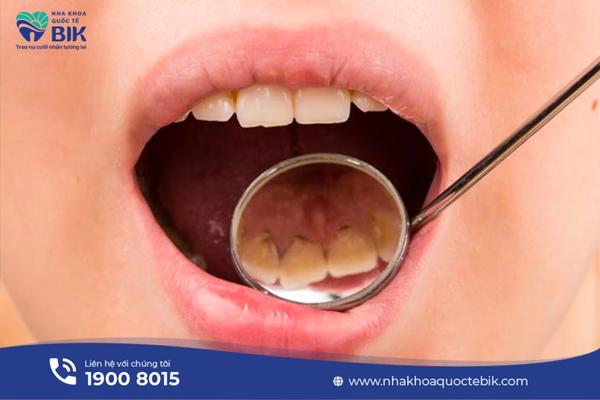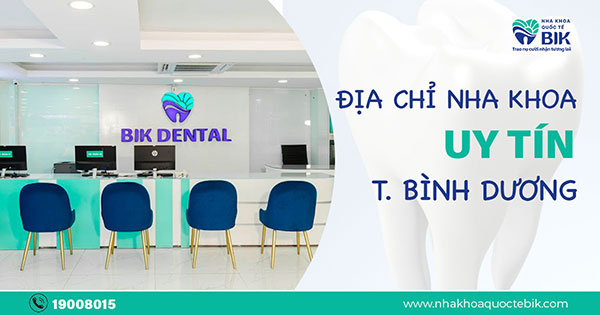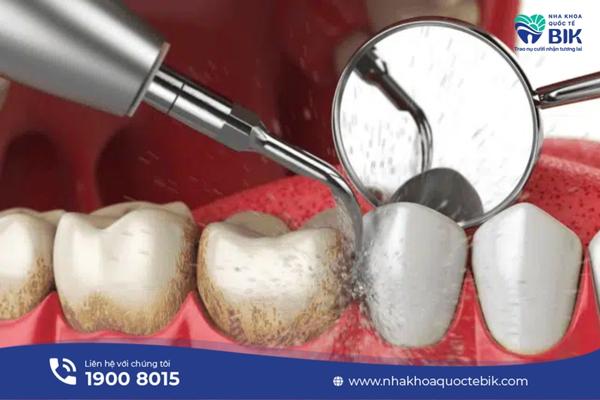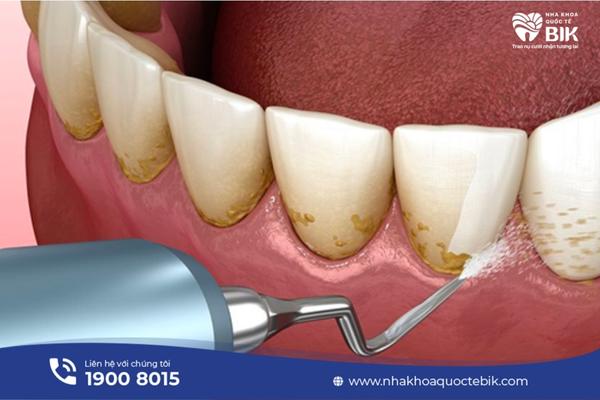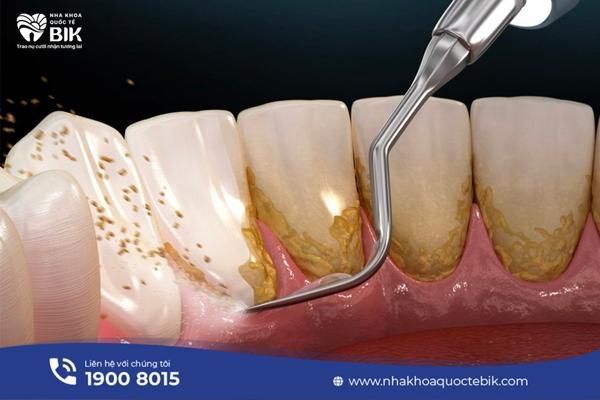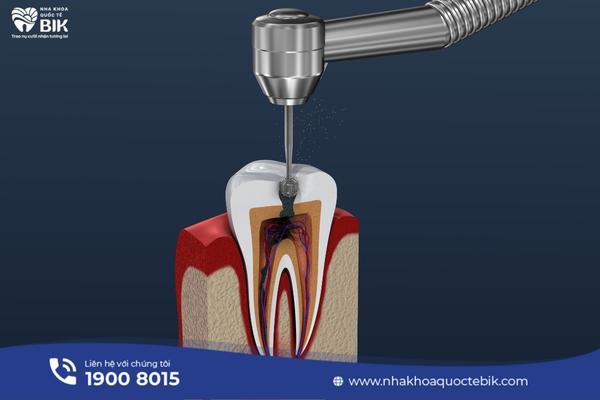Tooth decay is a disease that can occur in any tooth on the jaw and wisdom teeth are no exception. Wisdom tooth decay is even more dangerous than the remaining teeth because this is the tooth located in the innermost part of the jaw, so it will be very difficult to clean and treat. In cases where the wisdom tooth decay is too severe, reaching the pulp, the doctor will usually prescribe tooth extraction. Let’s learn more about the method of extracting the innermost upper molar tooth with decay in the article below with BIK International Dental Clinic!
1. When should a decayed molar be removed?
The wisdom tooth, also known as the 8th tooth, is the last tooth to grow in the jaw during adulthood, from 18 to 25 years old. At this stage, the bone has usually developed stably, so it can cause a lot of difficulty in daily oral hygiene when it starts to grow. Therefore, food is often stuck between teeth, creating favorable conditions for bacteria to grow and cause tooth decay.
In case the innermost tooth is decayed and the following signs are detected, you should go to the dentist to have the tooth extracted immediately to avoid dangerous complications later:
– Severe tooth decay, the cavities have spread causing the tooth to break.
– Bacteria have attacked the tooth pulp, with the risk of causing apical periodontitis, alveolar bone abscess.
– The tooth is newly decayed or severely decayed and tends to grow crookedly, growing underground causing prolonged pain.
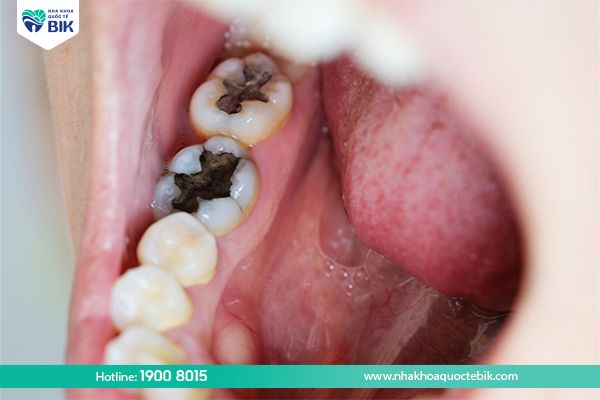
2. Why is it necessary to extract a decayed upper innermost molar?
In fact, the most important principle when treating tooth decay is to preserve the real tooth as much as possible, so it is not always necessary to extract the tooth when the innermost molar has a decay. Only in some cases where the tooth decay is so severe that it is impossible to retain the tooth, will the doctor prescribe tooth extraction to avoid other future effects.
Over time, tooth decay will destroy the tooth structure, so if not treated immediately, it will lead to toothache, tooth loss, infection, and more seriously, periodontitis and pulpitis. That is why when the innermost tooth is severely decayed, you should have the tooth extracted as soon as possible. However, not only wisdom teeth but any tooth on the jaw when decayed, you should see a dentist first and not pull the tooth yourself.
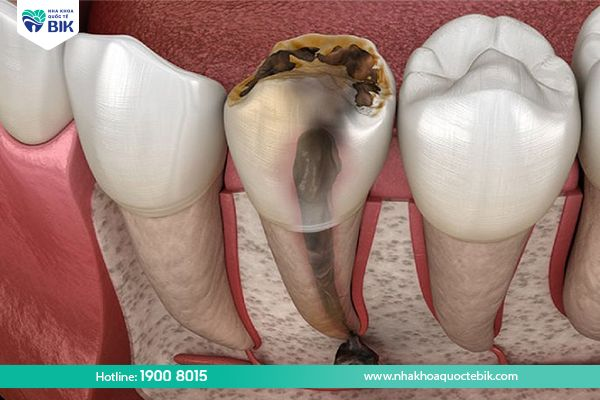
3. Is it dangerous to extract a decayed upper molar?
You don’t need to worry too much because before extracting a decayed upper molar, the doctor will conduct a thorough general examination to come up with the most appropriate solution. You shouldn’t worry too much because whether or not extracting a decayed upper molar is dangerous depends largely on the doctor’s skills and the technique applied. The nature of molars is that they have very strong roots, and the shape of the teeth is more complex than other teeth. If performed by a doctor with many years of experience, it will limit pain and the condition of missing tooth roots.
In addition, in some cases, patients with diseases such as: Blood dysfunction, high blood pressure, diabetes, … need to inform the doctor about their health condition before extracting the tooth so that the doctor can carefully consider whether or not to extract the decayed upper molar.
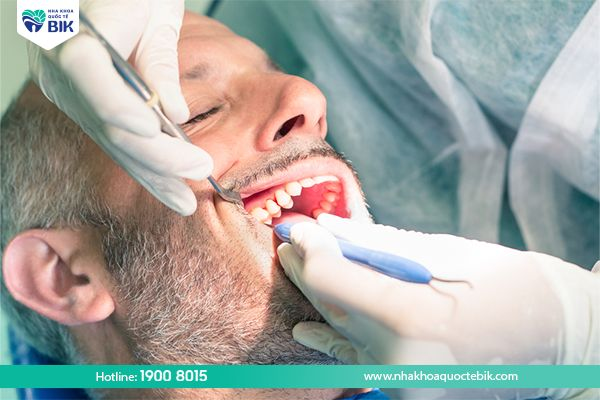
4. Procedure for extracting a decayed upper molar
The procedure for extracting a decayed upper molar will usually follow the following steps:
4.1. General examination
First, the doctor will examine your general oral health with the naked eye and take an X-ray to determine the location of the decayed tooth, and consider whether the jawbone structure is related or affects the nerve. From the results obtained, the doctor will carefully analyze before proceeding with extraction, thus ensuring absolute safety for the patient.
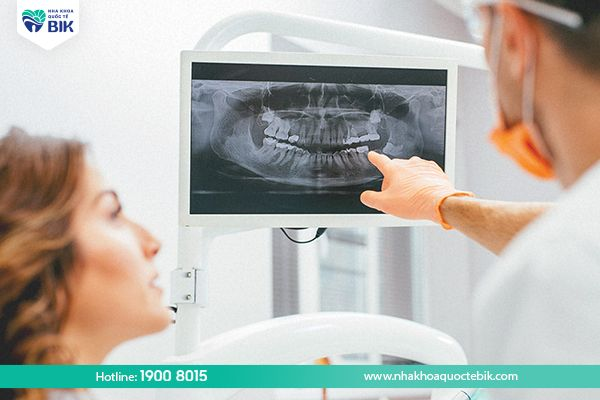
4.2. Cleaning the oral cavity
Before extracting the decayed upper molar, your oral cavity will be cleaned by scaling, removing food from between teeth, rinsing with antiseptic mouthwash and treating periodontal diseases if any. This not only ensures safety when extracting teeth but also avoids cross-contamination of dental diseases.
In addition, the doctor will inject a local anesthetic so that you can feel most comfortable during the extraction process.
4.3. Proceed to extract the decayed tooth
Usually, you will have your decayed tooth extracted in a standard sterile room, fully equipped with modern equipment and machinery. The doctor will make a small incision, open the bone cavity to expose the tooth and use a tool to extract the tooth safely and painlessly. The doctor will then suture the wound with specialized sutures.
The time for a minor surgery to extract a decayed tooth depends on the position of the tooth that needs to be extracted. If the wisdom tooth grows crookedly, it usually takes about 15 – 30 minutes.
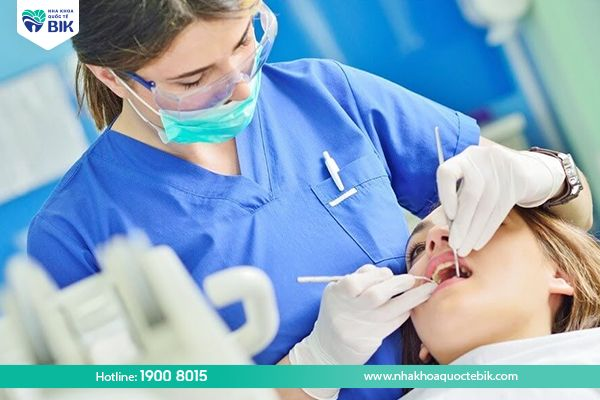
4.4. End of tooth extraction process
After tooth extraction, the doctor will prescribe anti-inflammatory drugs to reduce swelling and pain depending on each specific case and instruct the patient on effective oral care at home.
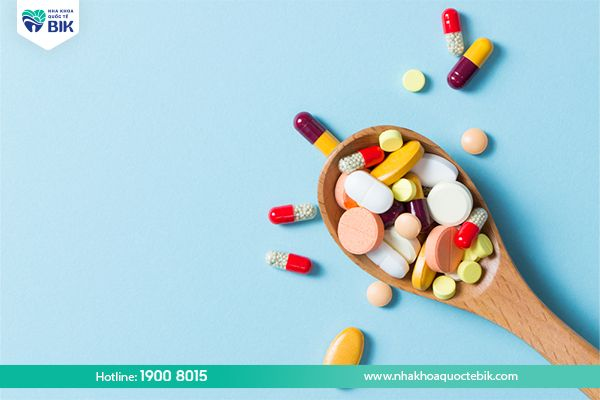
5. Why should you have your decayed tooth extracted at BIK International Dental Clinic?
BIK International Dental Clinic is proud to be a reputable dental address, the choice of thousands of domestic and international customers when they need to have decayed teeth extracted because it fully meets the following criteria:
5.1. Team of highly skilled doctors
All doctors working at BIK International Dental Clinic graduated from prestigious universities at home and abroad, and received both basic and advanced training in dental issues in particular and oral diseases in general.
In addition, with more than 10 years of experience in the profession, the doctors always ensure absolute safety for each tooth extraction, while minimizing pain for the patient.
5.2. International standard tooth extraction procedure
The procedure for extracting decayed innermost teeth at BIK International Dental Clinic will follow international standards to ensure absolute safety for patients from the general examination to the extraction of decayed teeth. In addition, BIK always strictly adheres to the regulations of the Ministry of Health on disinfection and sterilization to avoid cross-infection between patients.
5.3. Modern machinery and technology
In fact, whether or not the extraction of decayed upper innermost teeth is painful depends largely on the technology and machinery that the doctor uses to extract the tooth. Currently, all BIK International Dental facilities are equipped with the most advanced machinery and equipment to support the examination and tooth extraction process to take place more easily and quickly while still ensuring maximum treatment efficiency.
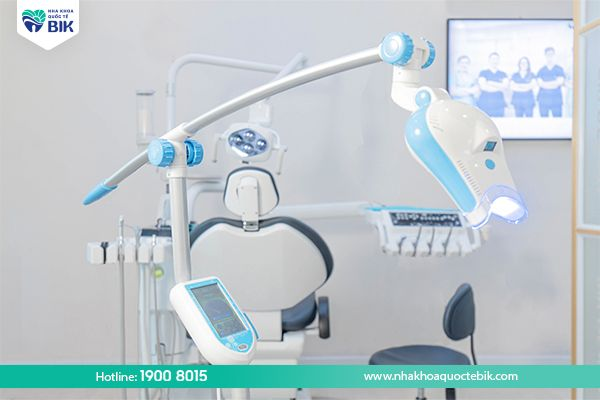
So extracting a decayed innermost molar is a necessary technique in cases of severe tooth decay that has spread to the pulp and cannot be treated. How can we preserve real teeth? Extracting decayed teeth at this time is to prevent bacteria from continuing to attack, leading to more dangerous complications that damage adjacent teeth or affect oral health and overall health later on.


